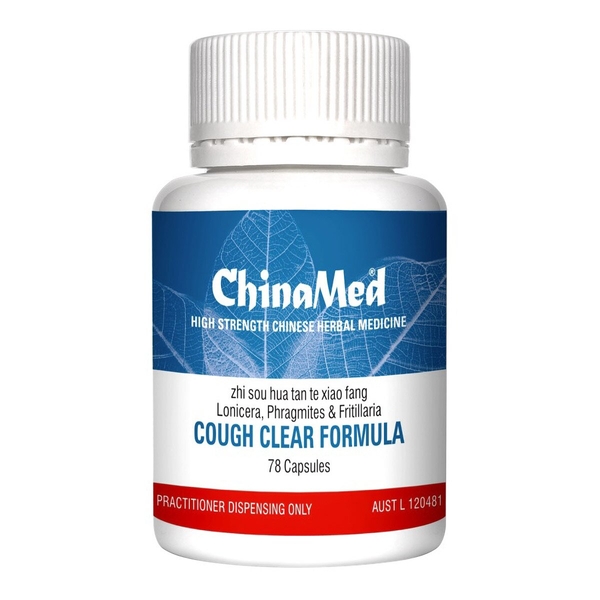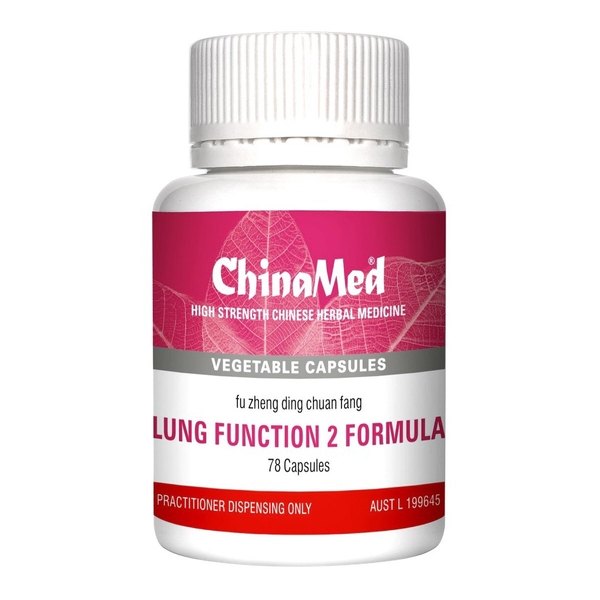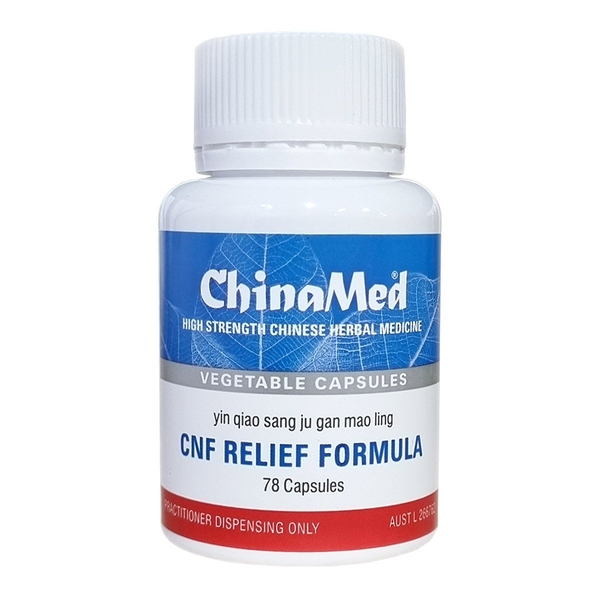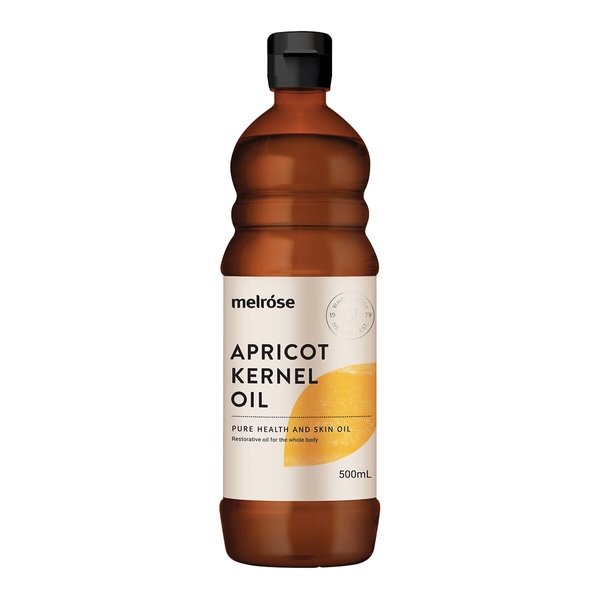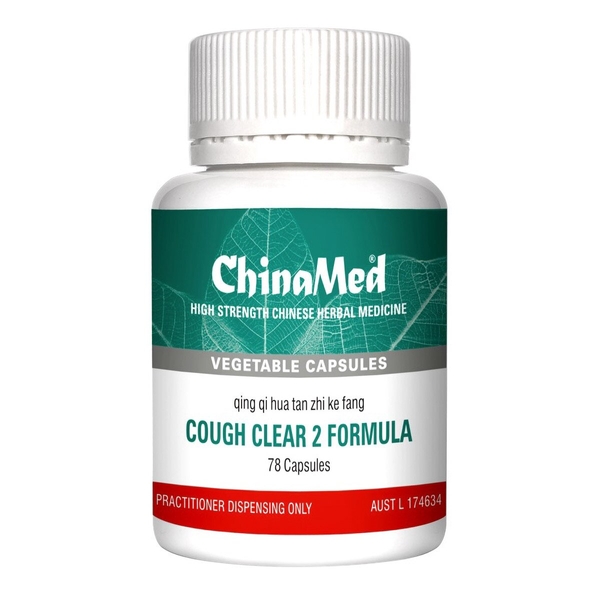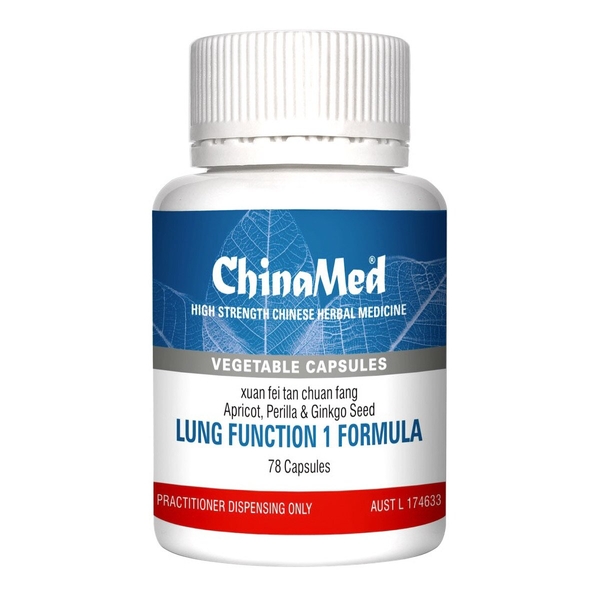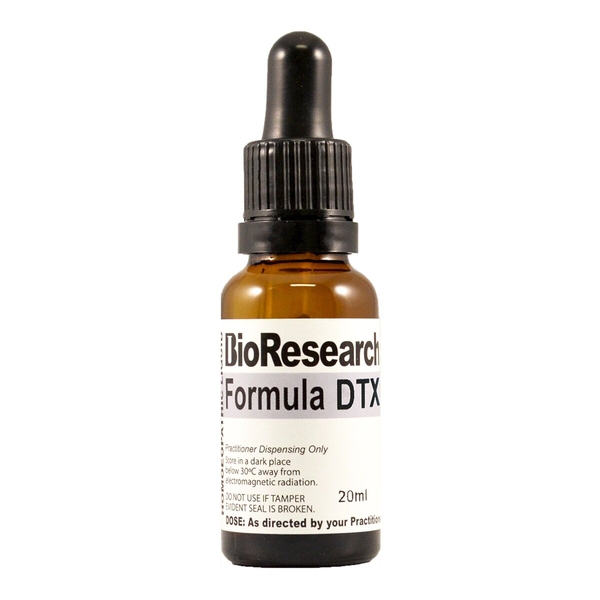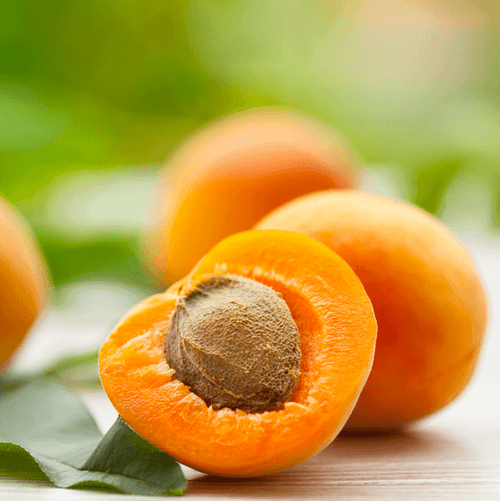
Apricot
Scientific names: Prunus armeniaca, Amygdalus armeniaca, Armeniaca vulgaris
Family: Rosaceae
Alternate names: Abricot, Abricot Sec, Albaricoque, Apricot Fruit, Apricot Fruit Juice, Apricot Juice, Armeniaca, Armenian Plum, Damasco, Dried Apricot, Fruit de l'Abricotier, Jardalu, Jus d'Abricot, Urumana, Urmanam
Actions: Hyperoxia, Poisonous
Background
Apricot (Prunus armeniaca) is a small tree that grows a fruit that is commonly eaten as food. The fruit, juice, and leaves have also been used as medicine.
Apricot is used for asthma, constipation, infertility, and other conditions, but there is no good scientific evidence to support any use.
Do not confused apricot with the kernel inside of the fruit (apricot kernel) or with Japanese apricot. These are not the same.
Apricot is used for asthma, constipation, infertility, and other conditions, but there is no good scientific evidence to support any use.
Do not confused apricot with the kernel inside of the fruit (apricot kernel) or with Japanese apricot. These are not the same.
Safety Safety definitions
When taken by mouth: Apricot fruit is commonly consumed as a food. There isn't enough reliable information to know if apricot fruit or leaf is safe when used as medicine or what the side effects might be.
Special Precautions & Warnings:
Pregnancy and breast-feeding: Apricot fruit is commonly consumed as a food. There isn't enough reliable information to know if apricot fruit or leaf is safe to use as medicine when pregnant or breast-feeding. Stay on the safe side and stick to food amounts.Effectiveness
Effective Effectiveness definitions
There is interest in using apricot for a number of purposes, but there isn't enough reliable information to say whether it might be helpful.
Dosing & administration
There isn't enough reliable information to know what an appropriate dose of apricot might be. Keep in mind that natural products are not always necessarily safe and dosages can be important. Be sure to follow relevant directions on product labels and consult a healthcare professional before using.
Interactions with pharmaceuticals
It is not known if Apricot interacts with any medicines. Before taking Apricot, talk with your healthcare professional if you take any medications.
Interactions with herbs & supplements
There are no known interactions with herbs and supplements.
Interactions with foods
There are no known interactions with foods.
Products
View all productsPer capsule:
- Prunus armeniaca (Xing Ren) ext. 26.1 mg
- Lonicera japonica ext. 43.2 mg
- Phragmites australis ext. 34.5 mg
- Forsythia suspensa ext. 34.5 mg
- Mentha haplocalyx ext. 26.1 mg
- Scutellaria baicalensis ext. 26.1 mg
- Magnolia liliflora ext. 26.1 mg
- Fritillaria thunbergii ext. 26.1 mg
- Peucedanum praeruptorum ext. 26.1 mg
- Platycodon grandiflorus ext. 17.4 mg
- Glycyrrhiza uralensis ext. 13.8 mg
Practitioner product
Per capsule:
- Prunus armeniaca (Xing Ren) ext. 21.78 mg
- Biota orientalis ext. 12.09 mg
- Rehmannia glutinosa ext. 43.56 mg
- Codonopsis pilosula ext. 21.78 mg
- Ophiopogon japonicus ext. 21.78 mg
- Cornus officinalis ext. 21.78 mg
- Dioscorea oppositifolia ext. 21.78 mg
- Poria cocos ext. 21.78 mg
- Inula britannica ext. 21.78 mg
- Epimedium brevicornum ext. 21.78 mg
- Perilla frutescens ext. 21.78 mg
- Ziziphus jujuba ext. 24.18 mg
- Citrus maxima ext. 12.09 mg
- Glycyrrhiza uralensis ext. 12.06 mg
Practitioner product
Per capsule:
- Prunus armeniaca (Xing Ren) ext. 16.77 mg
- Lonicera japonica ext. 33.54 mg
- Forsythia suspensa ext. 22.35 mg
- Scutellaria baicalensis ext. 27.96 mg
- Phragmites australis ext. 22.35 mg
- Morus alba ext. 16.77 mg
- Saposhnikovia divaricata ext. 16.77 mg
- Mentha haplocalyx ext. 16.77 mg
- Glycine max ext. 16.77 mg
- Schizonepeta tenuifolia ext. 11.19 mg
- Chrysanthemum sinense ext. 11.19 mg
- Glycyrrhiza uralensis ext. 9.3 mg
- Platycodon grandiflorus ext. 11.19 mg
- Isatis tinctoria ext. 33.54 mg
- Isatis tinctoria ext. 33.54 mg
Practitioner product
RRP: $17.95$14.72Save: 18%
Create account
Per capsule:
- Prunus armeniaca (Xing Ren) ext. 36 mg
- Houttuynia cordata ext. 90 mg
- Scutellaria baicalensis ext. 45 mg
- Fritillaria thunbergii ext. 36 mg
- Biota orientalis ext. 36 mg
- Arctium lappa ext. 27 mg
- Platycodon grandiflorus ext. 18 mg
- Glycyrrhiza uralensis ext. 12 mg
Discontinued by ChinaMed
Practitioner product
Per capsule:
- Prunus armeniaca (Xing Ren) ext. 30.36 mg
- Biota orientalis ext. 40.5 mg
- Morus alba ext. 30.36 mg
- Scutellaria baicalensis ext. 30.36 mg
- Perilla frutescens ext. 30.36 mg
- Aster tataricus ext. 30.36 mg
- Inula britannica ext. 30.36 mg
- Platycodon grandiflorus ext. 20.16 mg
- Citrus maxima ext. 20.16 mg
- Ginkgo biloba ext. 20.16 mg
- Glycyrrhiza uralensis ext. 16.86 mg
Discontinued by ChinaMed
Practitioner product
Per serve:
- Prunus armeniaca (Apricot) 6 C, 12 C, 15 C
- Echinacea angustifolia
- Hydrastis canadensis
- Wheatgrass
- Molasses
- Kalium muriaticum (Kali mur)
Discontinued by BioResearch
Practitioner product
vital.ly has licensed monographs from TRC Healthcare.
This monograph was last reviewed on 31/07/2024 10:00:00 and last updated on 22/09/2020 01:47:46. Monographs are reviewed and/or updated multiple times per month and at least once per year.
Natural Medicines disclaims any responsibility related to medical consequences of using any medical product. Effort is made to ensure that the information contained in this monograph is accurate at the time it was published. Consumers and medical professionals who consult this monograph are cautioned that any medical or product related decision is the sole responsibility of the consumer and/or the health care professional. A legal License Agreement sets limitations on downloading, storing, or printing content from this Database. No reproduction of this monograph or any content from this Database is permitted without written permission from the publisher. It is unlawful to download, store, or distribute content from this site.

